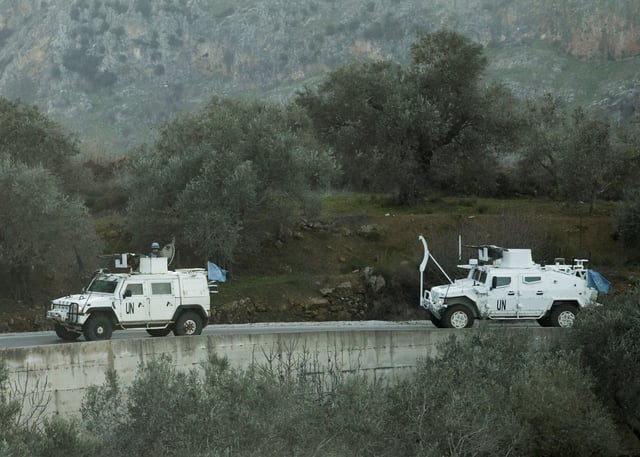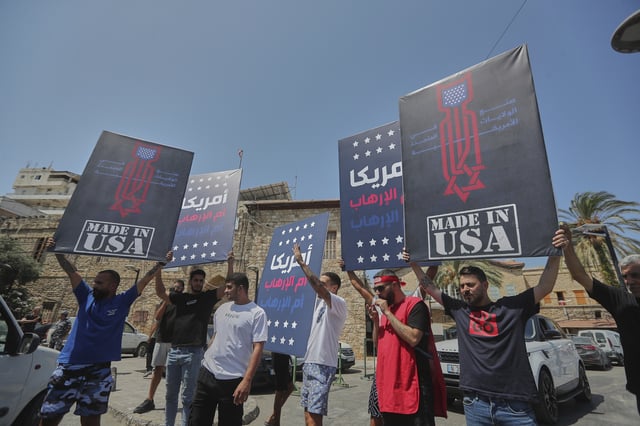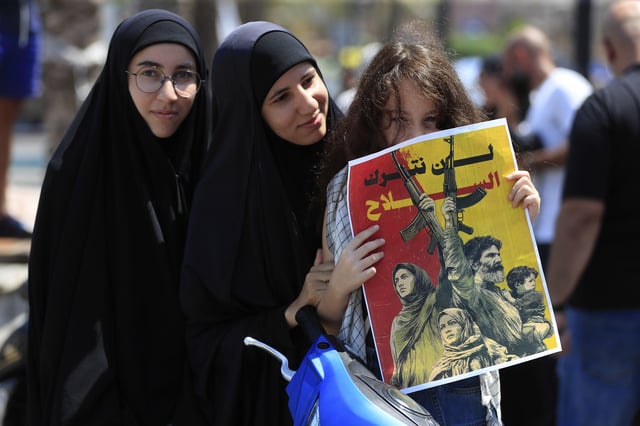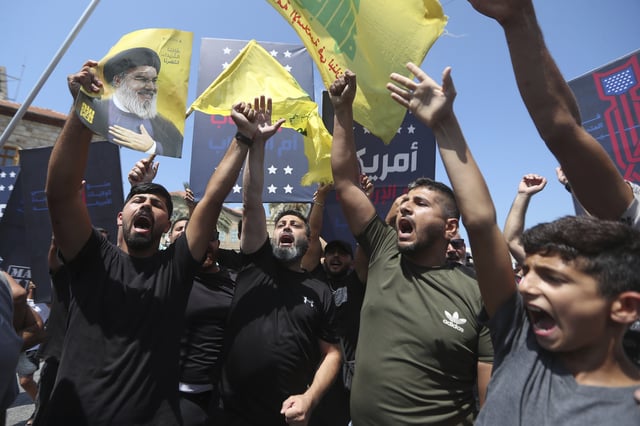Overview
- The council is set to vote Thursday on a French text that ends UNIFIL operations on Dec. 31, 2026 and begins a year-long, orderly and safe withdrawal in consultation with Lebanon.
- The draft aims to make the Lebanese government the sole security provider in southern Lebanon and calls on Israel to pull its forces back from north of the Blue Line.
- U.S. officials had pushed for only a single final year, and diplomats said Washington did not object to the compromise text though its vote remained unclear.
- During the withdrawal year, UNIFIL would focus on protecting U.N. personnel, maintaining situational awareness near its sites, and supporting civilian protection and aid delivery within its capacities.
- Established in 1978 and expanded in 2006 to support the Lebanese army, the mission has faced friction with Hezbollah’s local dominance, while troop contributors such as Ireland, which fields over 300 personnel, argued against an abrupt exit.



